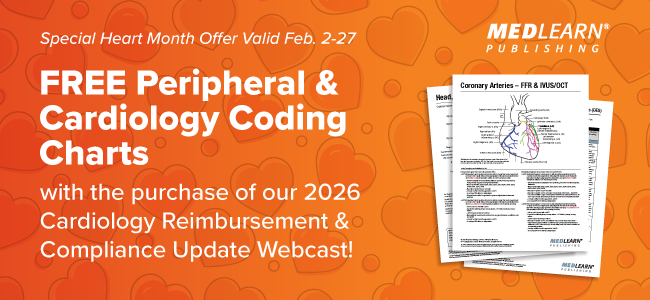One thing I was never taught in my master’s in social work (MSW) program was the hospital requirement to complete a PASRR screening for every patient discharging to a skilled nursing facility (SNF).
The Preadmission Screening and Resident Review (PASRR) was created as part of the Omnibus Budget Reconciliation Act of 1987. PASRR requirements, added to the statute as sections 1919(b)(3)(F) and 1919(e)(7) of the Social Security Act, required states to create a system to assess the needs of individuals with mental illness or intellectual disability applying to or already residing in Medicaid-certified nursing facilities.
This system ensures that individuals are not being placed in such facilities unnecessarily or without adequate supports.
PASRR requires that Medicaid-certified nursing facilities:
- Evaluate all applicants for serious mental illness and/or intellectual disability;
- Offer all applicants the most appropriate setting for their needs (in the community, a nursing facility, or acute-care settings); and
- Provide all applicants with the services they need in those settings.
PASRR is an important tool for states to use in rebalancing services away from institutions and towards supporting people in their homes. To comply with the 1999 U.S. Supreme Court decision in Olmstead vs. L.C., under the Americans with Disabilities Act, individuals with disabilities cannot be required to be institutionalized to receive public benefits that could be furnished in community-based settings.
In brief, the PASRR process requires that all applicants to Medicaid-certified nursing facilities be given a preliminary assessment to determine whether they might have a serious mental illness or intellectual disability. This is called a “Level I screen.” Those individuals who test positive at Level I are then evaluated in-depth, called “Level II” PASRR. The results of this evaluation result in a determination of need, determination of appropriate setting, and a set of recommendations for services to inform the individual’s plan of care. Although this process is a federal regulation, it is managed through each state agency, often in different ways in each state.
In 2020, the PASRR regulations opened for public comment in efforts to acknowledge and attempt to reduce some of the inefficiencies. The most common compliant was about the time delay; patients are required to remain hospitalized for 7-9 business days while they await Level II evaluations. This means that every patient in a hospital awaiting a Level II PASRR evaluation must remain in the hospital during that time until they are approved for discharge to a SNF and/or nursing home facility. This process had become so burdensome that in California, Medicaid will cover administrative days for the hospital while patients wait for their Level II PASRR evaluation.
The conundrum I have with this regulation is multifaceted. It is unclear why, with technological advances and such a high focus on nursing home requirements, the proposed ruling has never been finalized or revised – and thus remains untouched since 2020. It is difficult to understand, with today’s staffing limitations and lack of hospital beds, how it can be considered perfectly acceptable for patients to sit in the hospital an additional 7-9 days while they wait for an outside evaluation.
The final argument is that this law misses the mark on the intention of inappropriately housing individuals in a care setting when a community setting would be more appropriate. This raises concerns about the growing number of patients who remain in the hospital for custodial reasons, often for extended lengths of time.
By PASRR standards, this would be greater than 30 days. Per PASRR requirements, an evaluation must be completed if the patient is going to a nursing home or SNF for more than 30 days with a serious mental illness or intellectual disability diagnosis. However, that same patient could remain in the hospital for months to years, without such evaluation or support from the state, for community-based services.
There are many arguments for why the hospital is not the best setting for custodial patients. These include risk of exposure to infections, the impact on other patients receiving medically necessary care by holding beds, and staff burnout. There is also a lack of socialization, sunlight, physical activity, and rehabilitation for the mind and body.
Hospitals are not built or trained to care successfully for patients with long lengths of stay, especially for patients without medical needs, and thus these patients are often neglected and ignored, isolated in their hospital rooms.
It appears that this is a void in our medical system and federal regulations, where prolonged custodial hospitalization is a tolerated practice, often due to lack of alternatives; however, transitioning to a SNF requires extra red tape because of federal and state attention.























